AARP Hearing Center

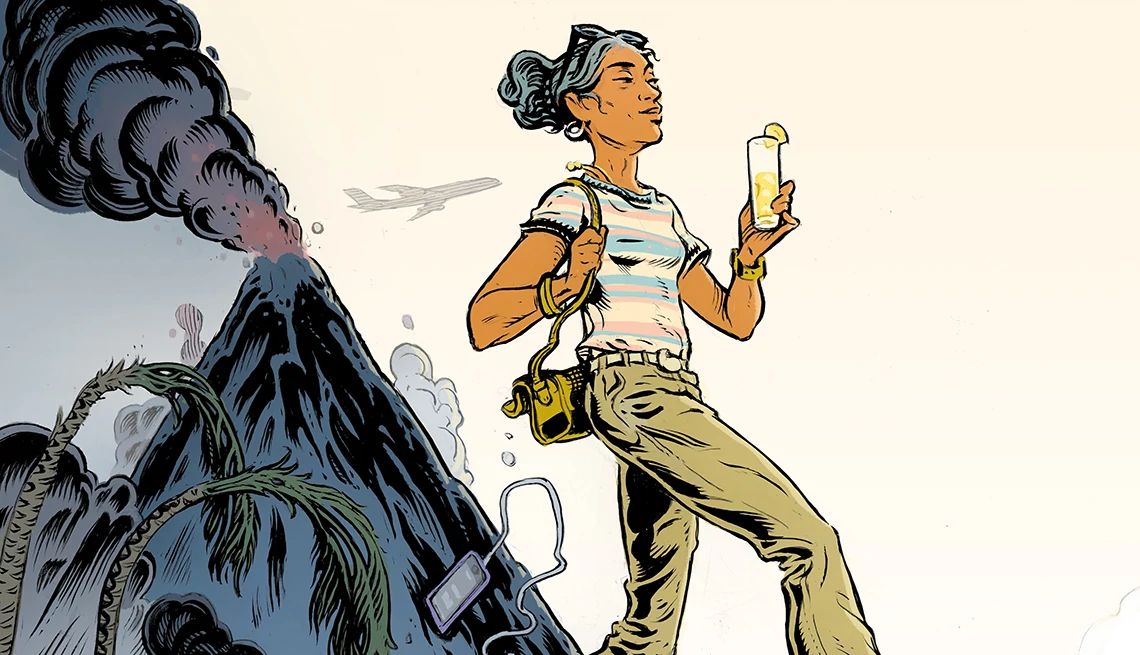
One thing you can count on when traveling is that you can’t count on everything going right. But that shouldn’t spoil your trip. We talked with travel pros on how you can avoid vacation disasters in the first place — or how to turn them into minor inconveniences as they are happening.
Your trip gets washed out
• Book wisely. While planning your trip, look at your destination’s average high and low temperatures and precipitation for the dates you’re considering. “Weather is constantly changing, but this information is a good baseline for you to make a decision,” says Cheryl Nelson, a meteorologist and the founder of PrepareWithCher.com.
• Get protected. Travel insurance can protect you financially if you need to cancel a trip due to illness or an emergency, but it typically hasn’t covered weather disruptions outside natural disasters. Your credit card provider might extend weather-related travel insurance for trips booked with the card. Some companies provide an alternative to insurance — weather protection — to guarantee against even minor washouts. WeatherPromise can reimburse the cost of a trip if the weather doesn’t cooperate. An example: Protection on a $1,500 trip to Vail, Colorado, July 19 through 21 cost $148.50 for full trip reimbursement if it rained for more than four hours between 8 a.m. and 8 p.m. on one of the days. Sensible Weather is a similar service, offering protection for vacations and outdoor experiences such as skiing, camping, golf and more. This protection is not sold directly to travelers but through hotels and attractions.

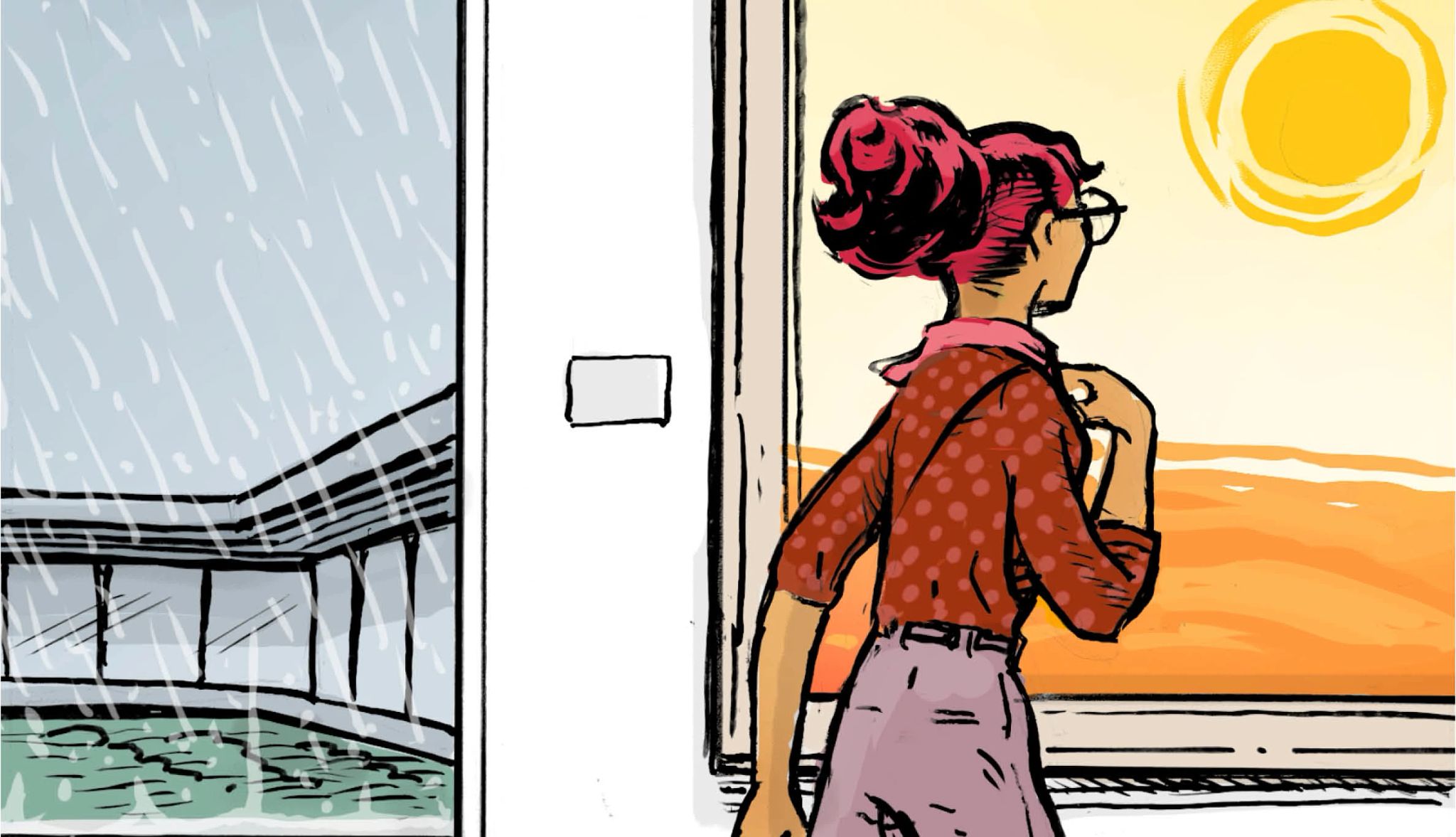
• Research indoor attractions. “If the weather is bad, you have to have a plan B,” says Christopher Elliott, the founder of Elliott Advocacy, a nonprofit consumer advocacy organization. “I never travel without a plan B.” Then if a beach day doesn’t work out, the trip isn’t busted. “I look for whatever indoor excursions I can find — antique stores, art galleries, spas,” Nelson says. “If I want to do something active, is there bowling?” Or you can embrace the time in your hotel as an opportunity to do something that might not come along too often at home. “Forced indoor time can be great for meditating or reading a book,” Nelson says.
• Stay calm; be flexible. Severe weather often leads to flight delays and cancellations. You should be mentally prepared to handle the unexpected, says travel agent Brook Bramley of TripBoutiq. “When travelers are planning to go on a trip, they need to go in with the mindset that events happen that are out of our control. That’s just part of travel.” Consider disruptions an opportunity to create an experience. “Some of my best travel memories and stories happened because things went wrong,” Elliott says. “I’ve adopted the attitude that that is better than a vacation that goes flawlessly and is utterly forgettable.”
Your rental car conks out

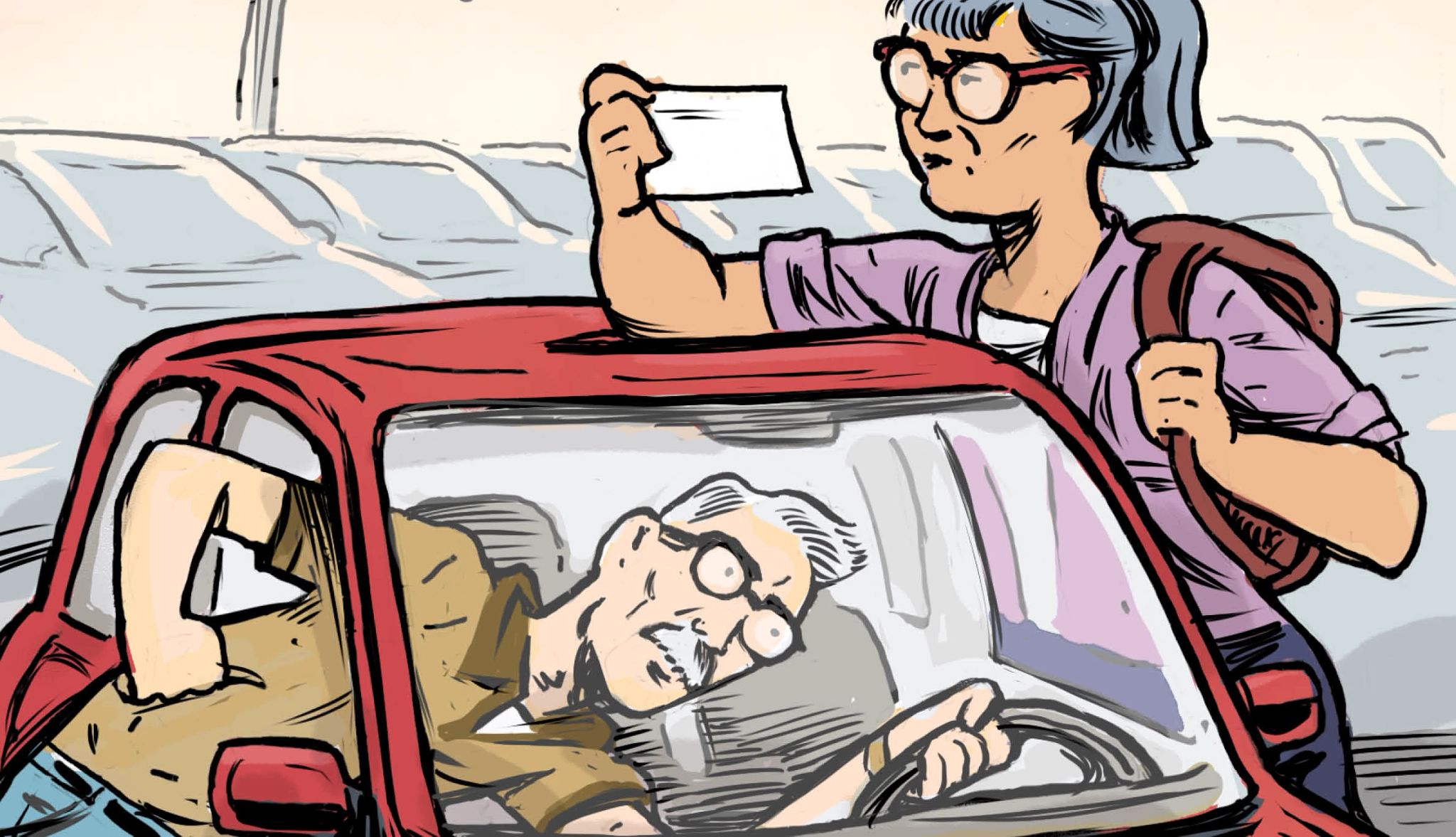
• Inspect before you drive. You might know to inspect your rental car for dents and dings before leaving the rental lot. Less obvious is starting the car and making sure everything works well. “The best place to discover there’s something wrong with your rental is where you’re still surrounded by other rentals that the rental company can easily put you in,” Nelson says. “Make sure the headlights and taillights work, that there are no check engine lights on and that there is gas in the tank.”
• Keep documents handy. When you rent a car, you get paperwork that includes phone numbers to use if there’s a problem, Bramley says. Even if the rental office is closed, the rental documents should have a 24-hour emergency number.
• Don’t go to a mechanic. Bramley says travelers make this mistake. “The local mechanic won’t even touch the car because it’s a rental. Rental car companies have their own service providers. They send their own tow truck or repair truck to where the customer is.”




























































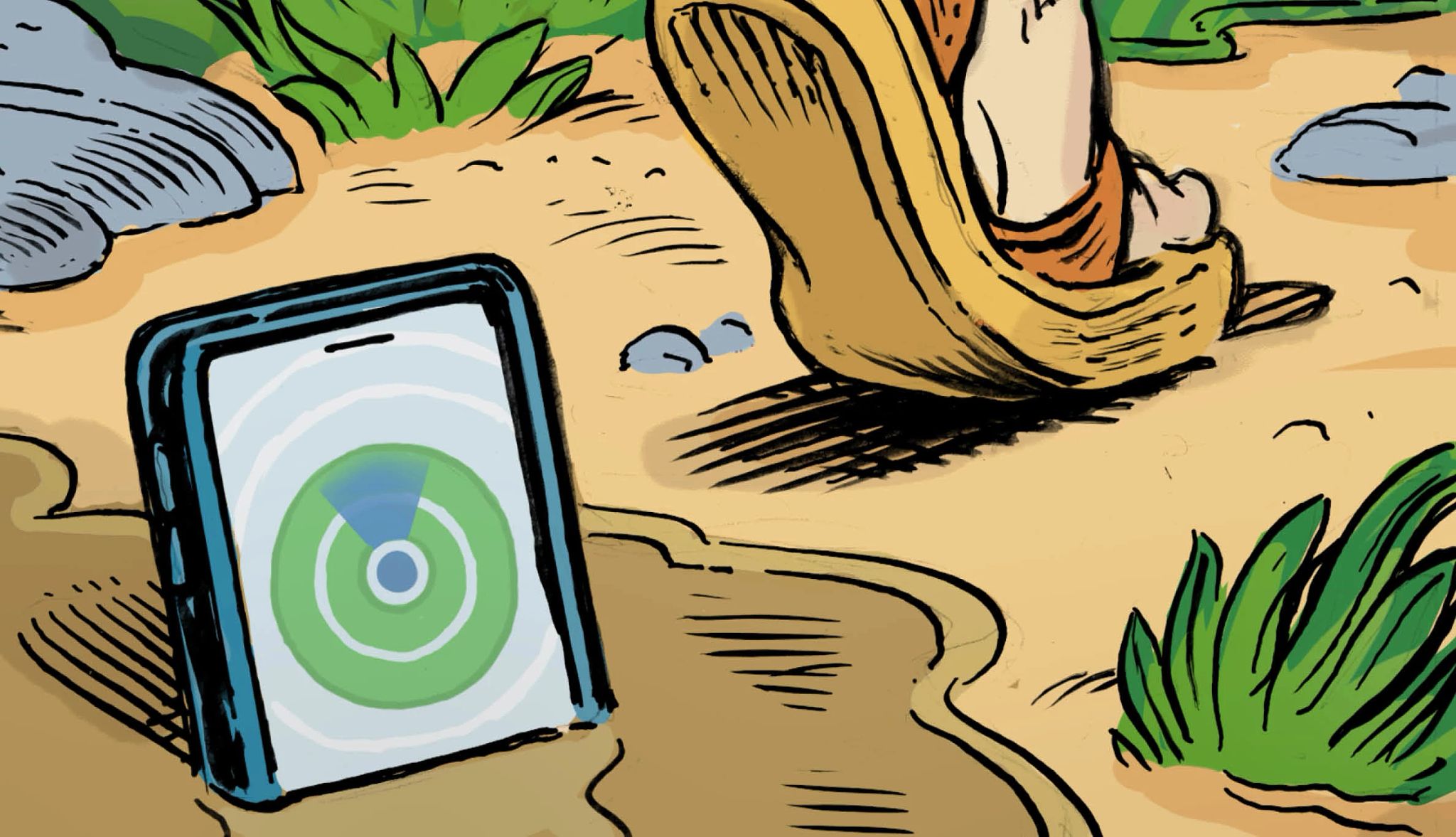
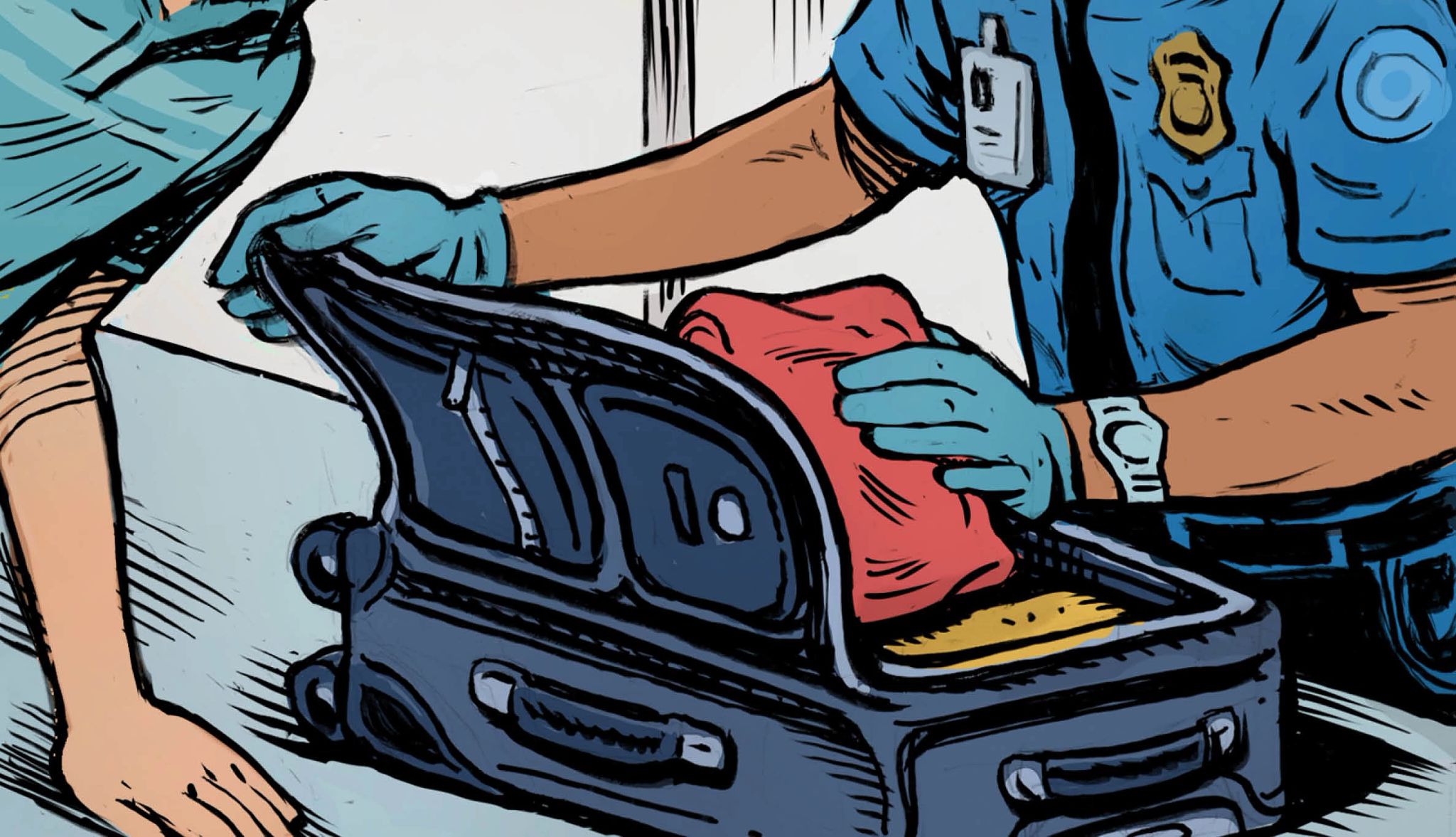
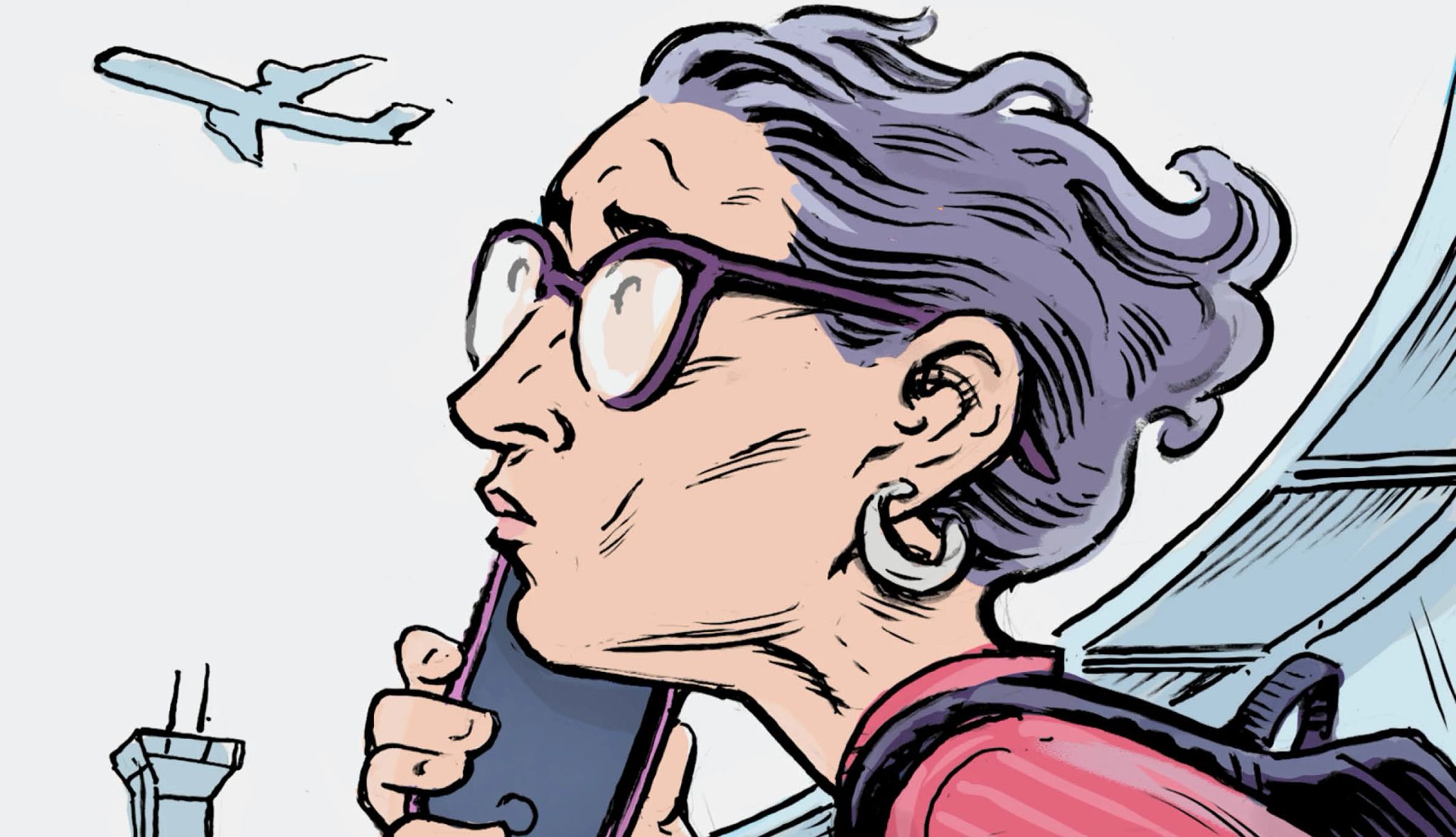
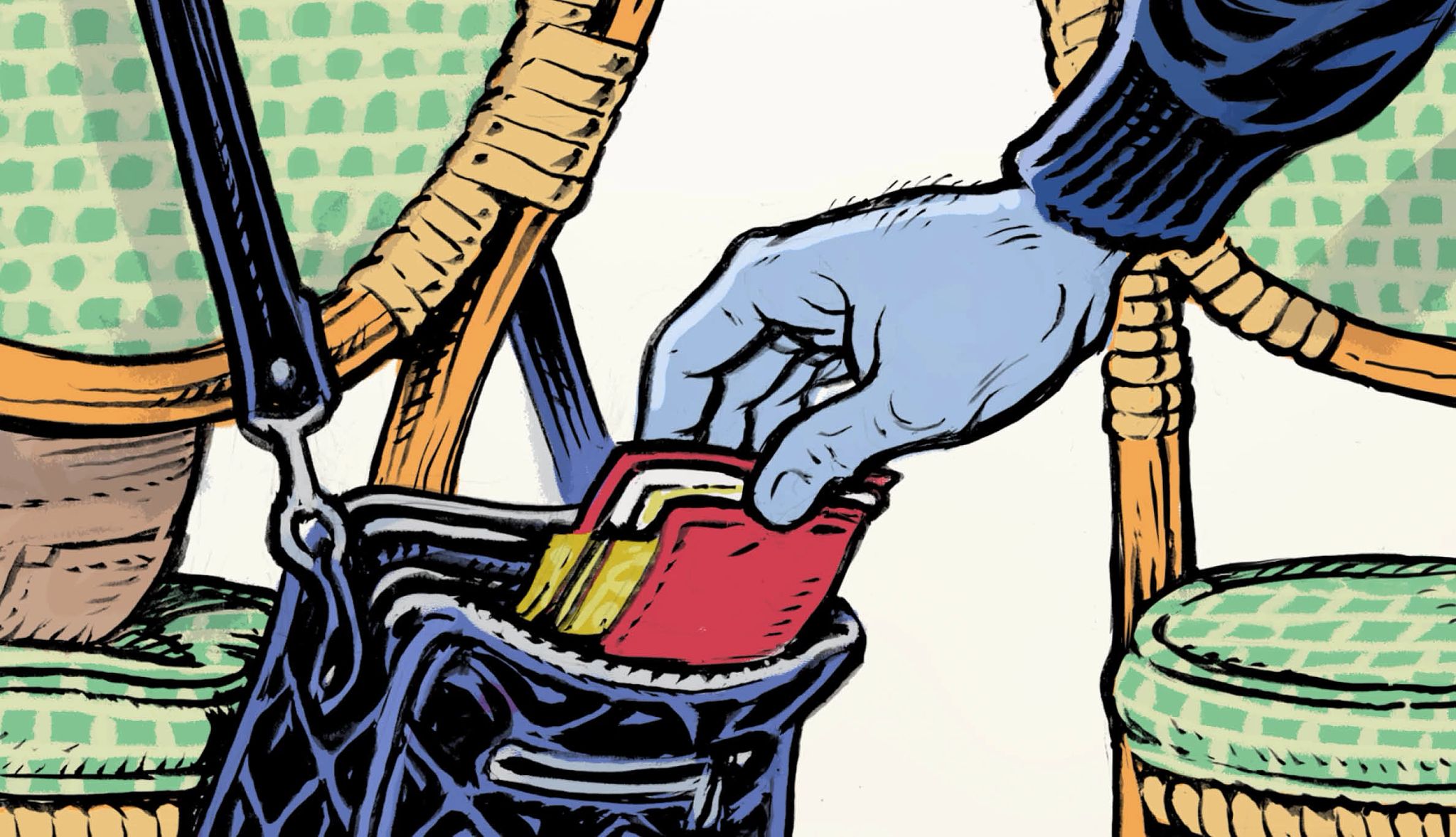

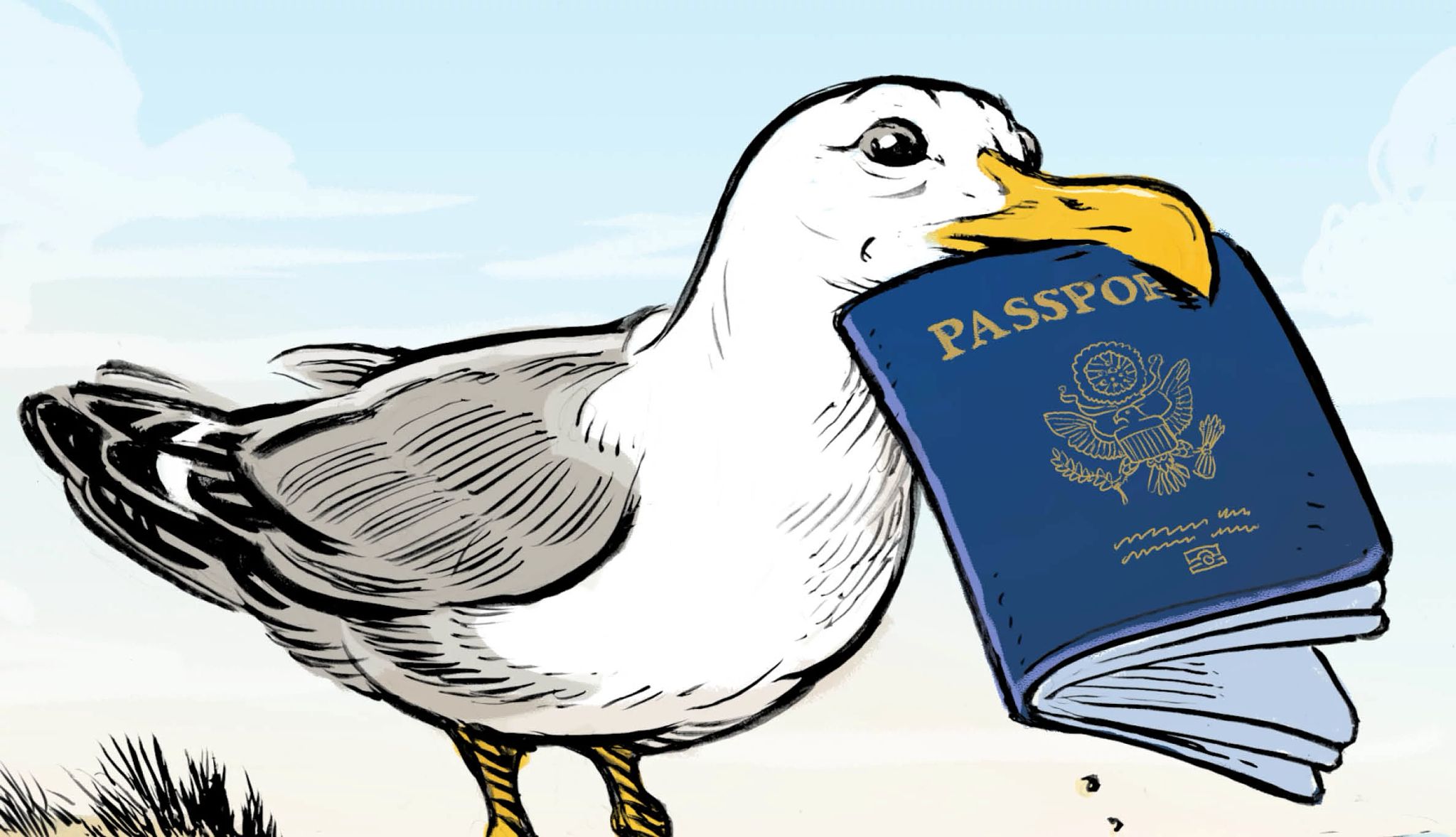
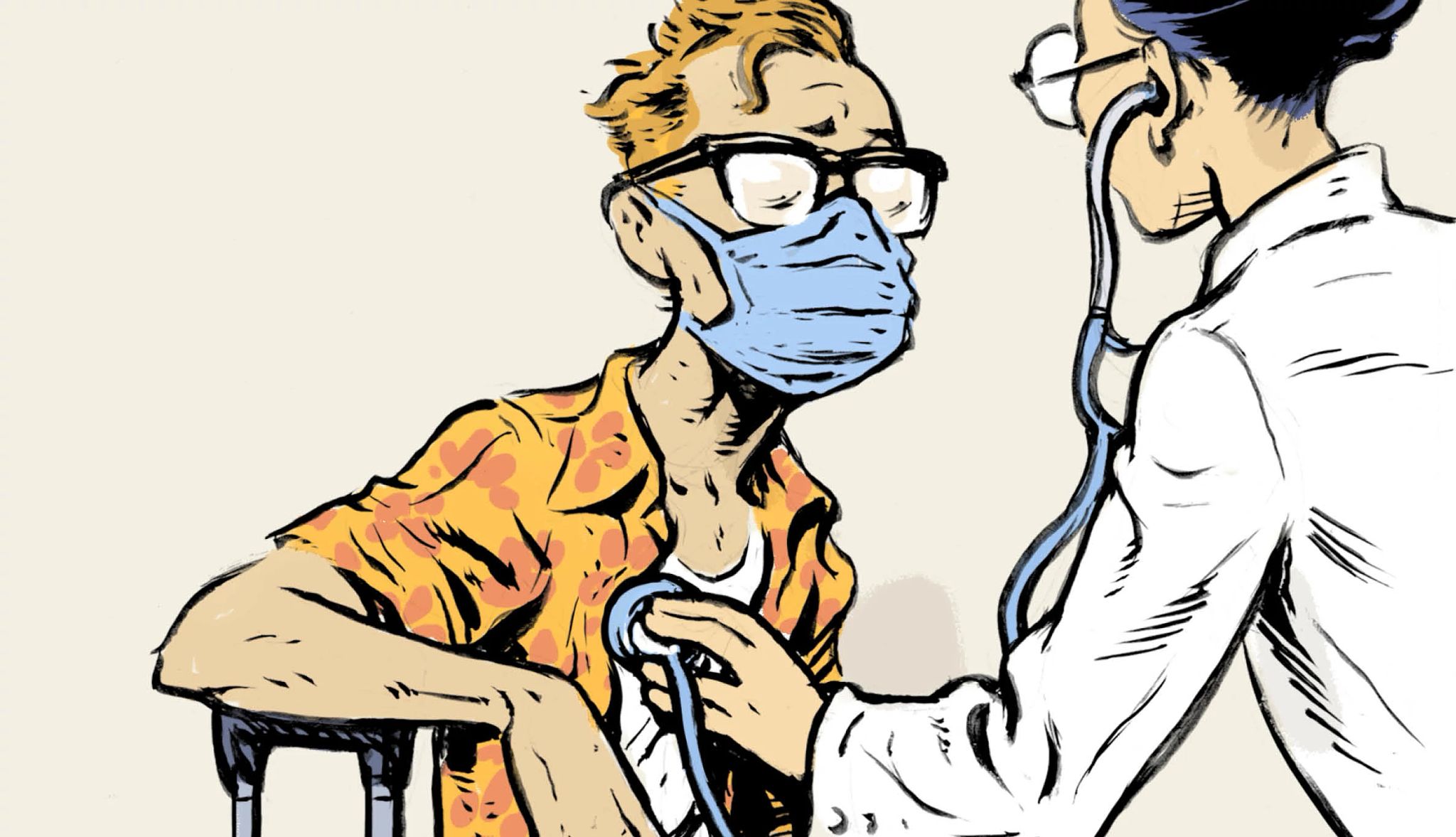


You Might Also Like
Pick the Perfect Destination for Your Next Adventure
Know what kind of trip you want, but you don’t know where to go? We can helpHow to Pack Smarter and Lighter for Your Next Vacation
Clothes, toiletries, laptops and more are now much more travel-friendlyAncestry Travel: Take a Trip to Find Your Family
Meet four people who explored their roots and discovered unknown relativesRecommended for You